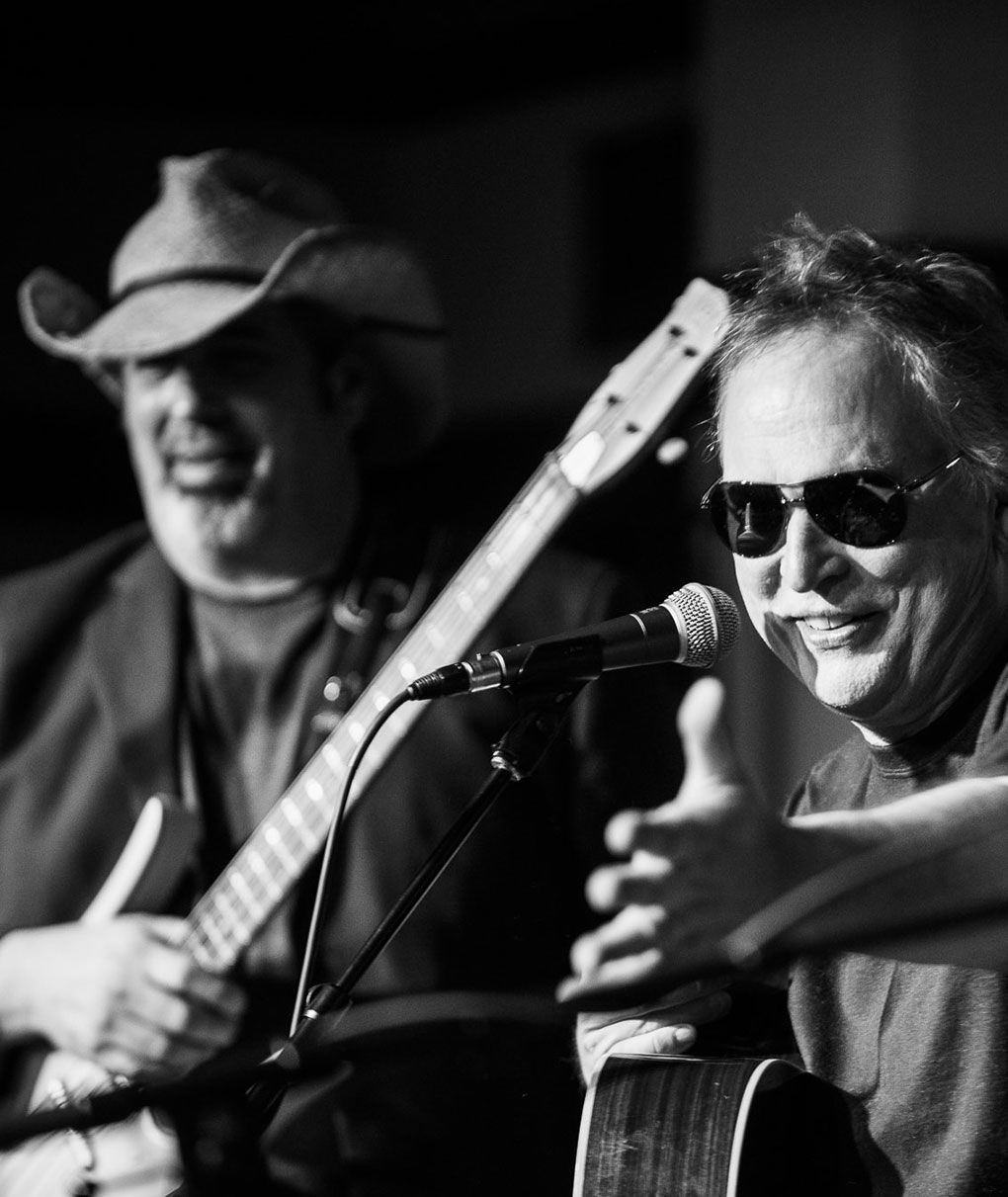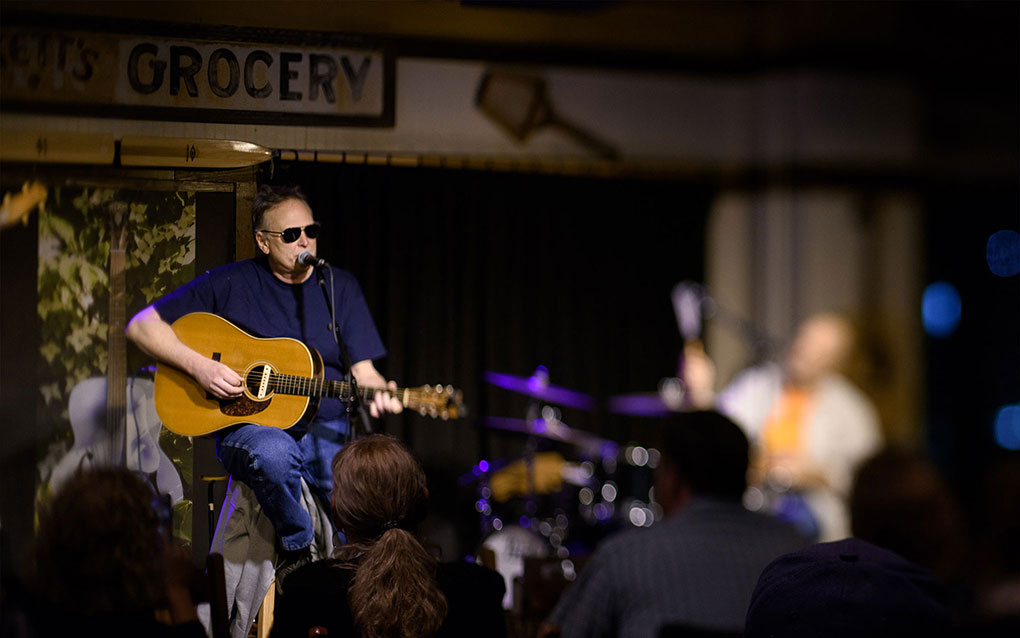
Music from the Streets of Home
Thirty years ago, you could often find Roger Alan Wade riding the Greyhound bus back and forth to Nashville. Glamourous it was not, but the destination made the journey worthwhile: he was on his way to make music, and to see a few friends while he was there.
“Sometimes, I had the pleasure of staying with Johnny Cash and June Carter, Waylon Jennings, Barbara Mandrell,” Roger says. “Everybody knew each other when I was there.”
A singer, songwriter and Chattanooga native, Roger first made a name for himself in the country music capital in the 1980s, writing songs for the genre’s living legends, like Cash and Jennings, George Jones and Hank Williams, Jr. But when they began to slowly drift out of the scene, Roger decided it was time to go, too.
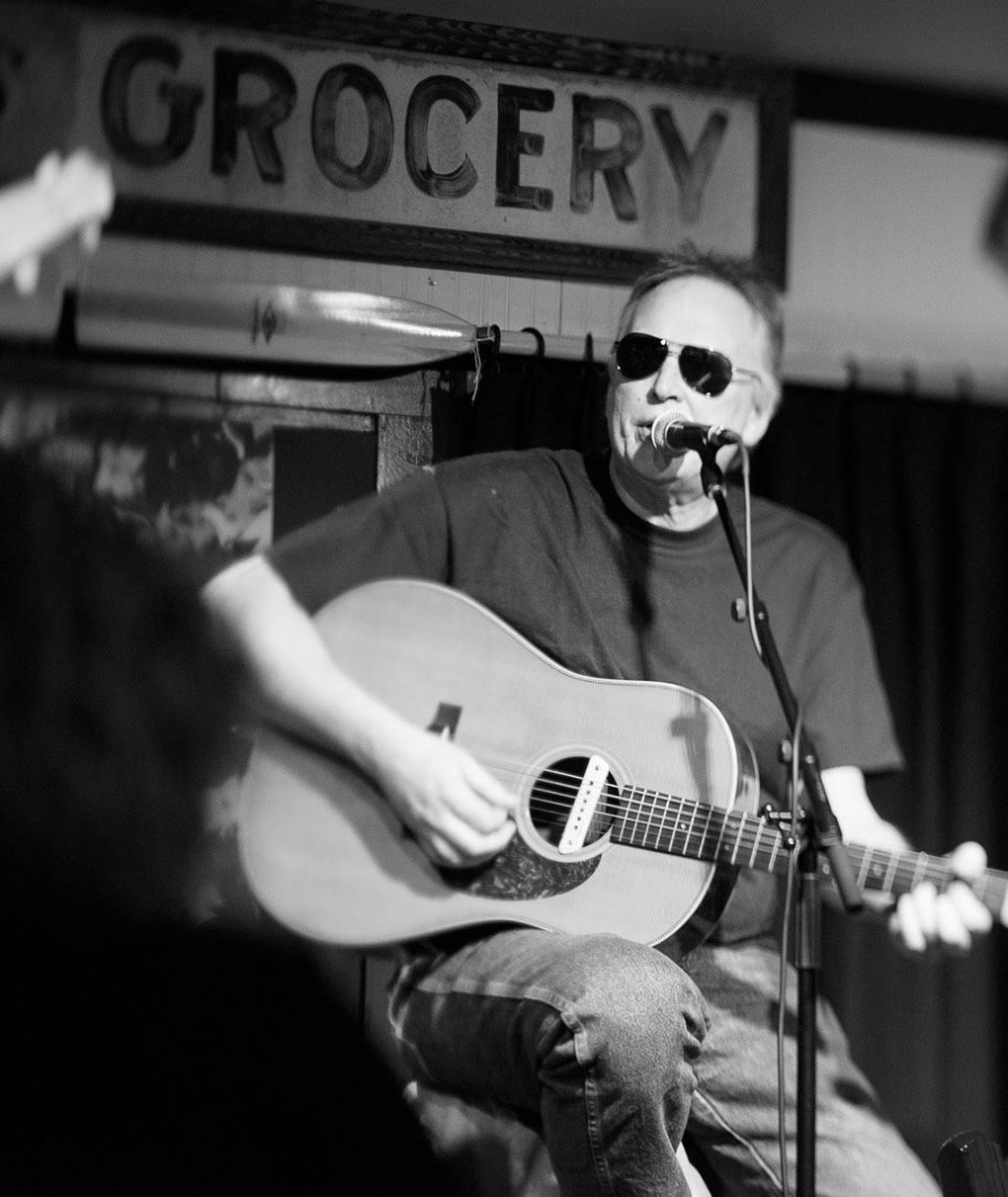
“I wandered up to Nashville, and I did have some success there,” he says. “But to me, the whole vibe started to change — it went corporate. So I left.”
He said an unregretful goodbye to the city, and to a record deal that a major label had offered him, before taking a final bus ride back home to Chattanooga, where his career has taken off. These days, he performs around town — he’s playing Chattanooga’s Riverbend Festival this summer with his grandson, Roland Dixon — and he sometimes tours across the region. He also hosts a weekly radio show on SiriusXM’s Outlaw Country channel with his cousin and best friend, Johnny Knoxville, who earned fame as the co-creator and former star of the MTV stunt show, Jackass.
Mostly, though, Roger spends his days putting poetry to melodies, as he’s always done. And now, the songs are his to sing.
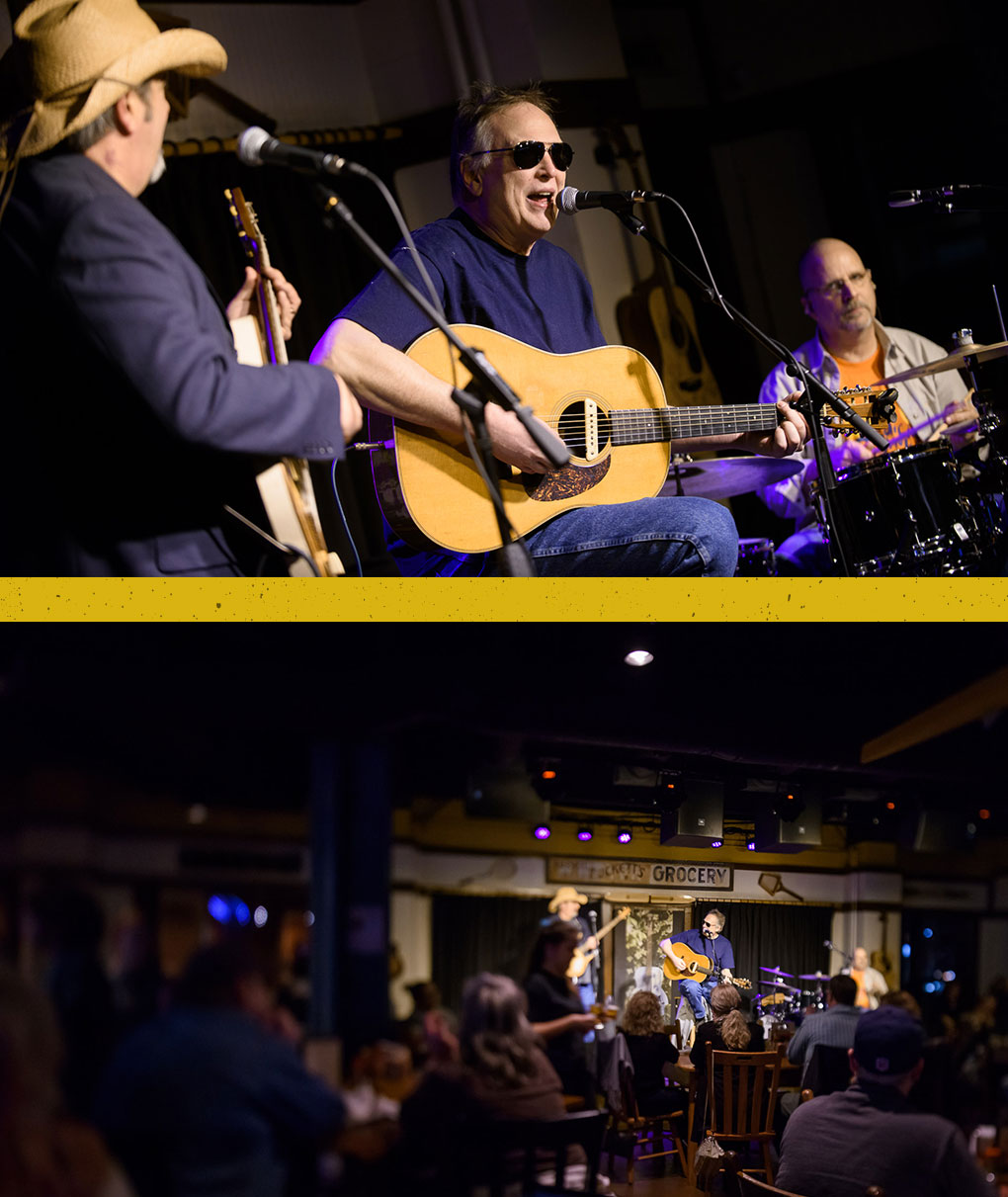
“I have the good fortune to write for myself,” Roger says. “In a lot of ways, writing for yourself is tougher because you run the risk of being self-indulgent. You have to be brutally honest, and you have to communicate in a universal way.”
Some of Roger’s better known songs certainly have a message to share — and some would say it’s less poetry, more satire: for example, there’s “D-R-U-N-K,” “If You're Gonna Be Dumb,” and a few others whose names are a bit too colorful for print. For Roger, it’s a kind of self-deprecation; he’s poking fun at the perceptions — and misconceptions — of the honky-tonk culture that he and his contemporaries helped to shape. While it may not be for everyone, his fans get it, and they love him for it.
But there’s a different kind of depth to many of Roger’s other songs. It’s a softer, soulful, sometimes melancholy kind of music, where his words are lyrical in the truest sense, and they come from a place very far away from satire.
“I’m a writer first, and I fill my well with good water. By that, I mean I’m reading Faulkner and Hemingway and James Joyce,” Roger says.
“I’ve taken a few shots at Proust. And the Bible — I read the Bible a great deal every day. Even if you don’t understand the things you’re reading, it exposes you and stretches you, and it helps you tell your own stories.”
Whether Roger is crooning about late-night escapades or profoundly reflecting on life, his sound and style are the same. It’s folky and lilting, rough around the edges. His voice is deeply Southern and mostly smooth, but there’s a little gravel to it that makes the words sound all the more raw. And while he has plenty of newer material, it echoes the music of the genre’s greatest legends, whom he used to know, and the “old Nashville” where he got his start.
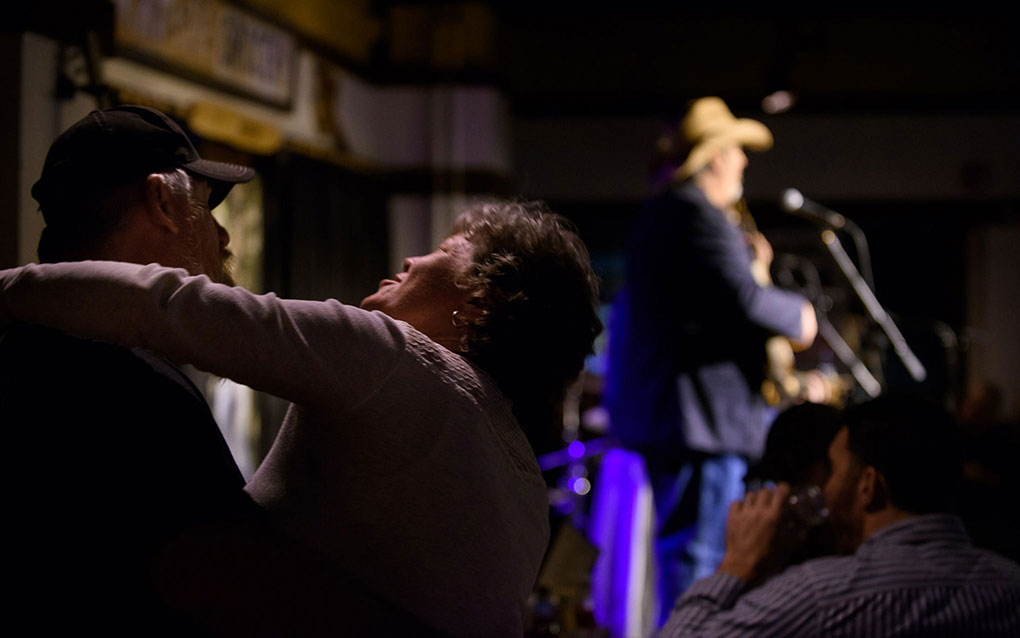
“Man, it's just old Brainerd Street music,” Roger says.
“I don’t like categories, but that’s how I would describe it: honest, simple, no smoke and mirrors. Music from the streets of home.”
Of course, the crowds he plays for hail from places far beyond Chattanooga’s Brainerd neighborhood, and they come from all walks of life, too. And yet, to his fans, Roger’s music does feel like home, wherever home may be — which is arguably the truest definition of a great song.
“My job is just about putting pen to paper,” Roger says. “I don’t know if it comes through in the final product, but what I try to put out there — it’s all about how we relate to each other. It’s about our own time, times past, and times to come.”
